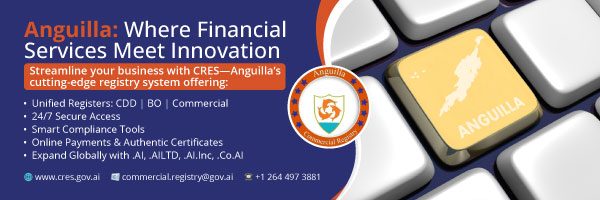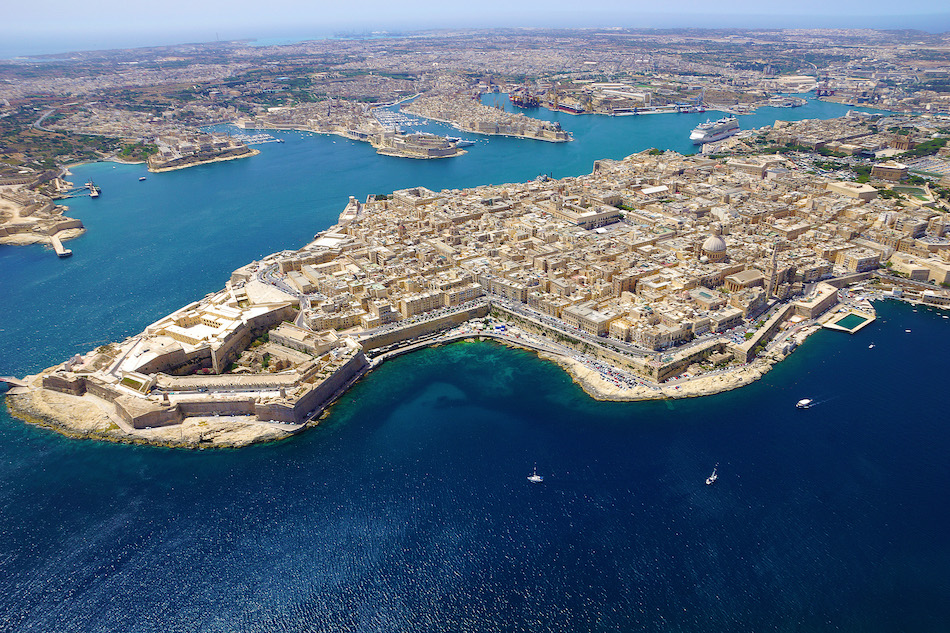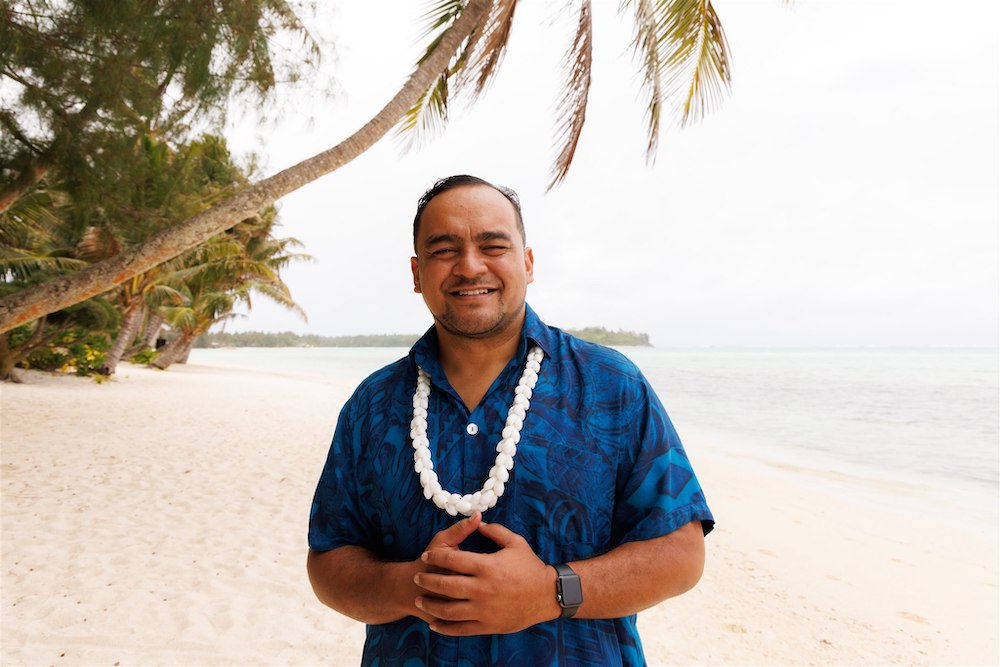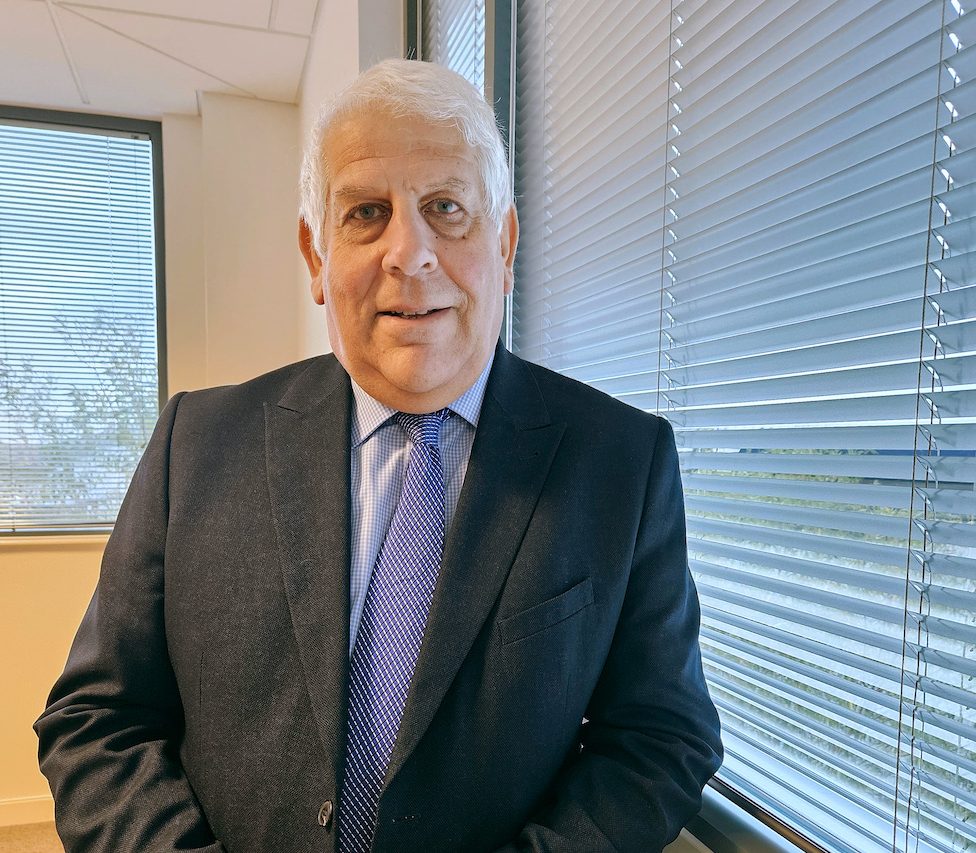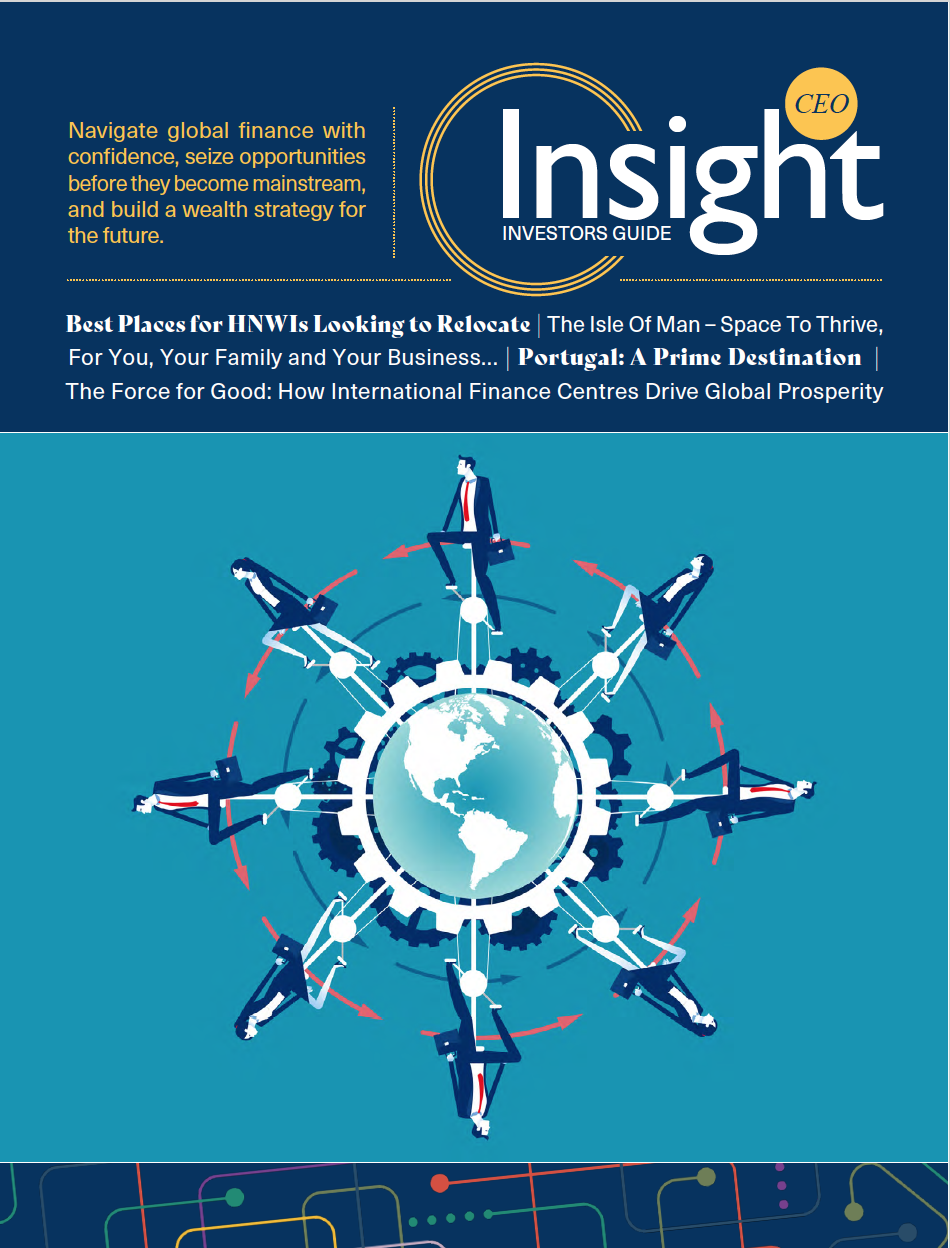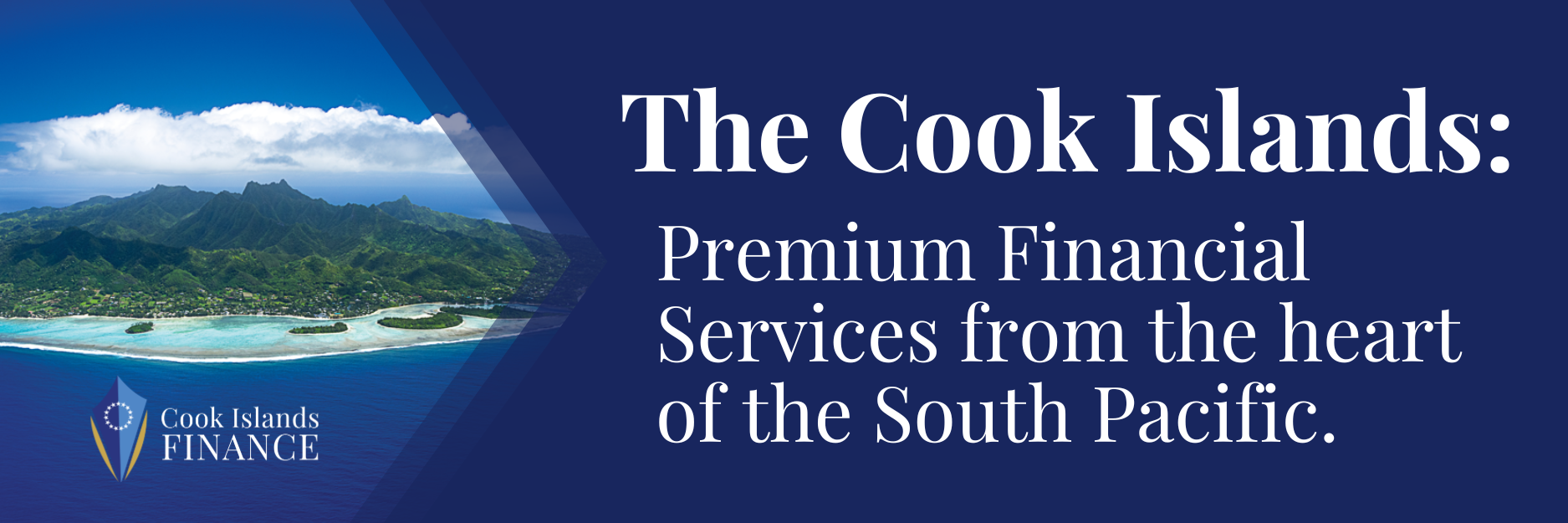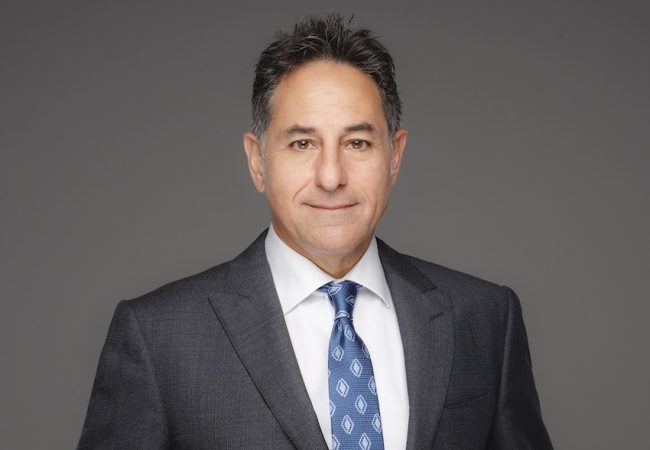In today’s dynamic global landscape, UK businesses have carved a reputation for innovation, quality, and unwavering ambition. Talented and creative British business owners, investors and entrepreneurs are some of the key drivers behind this. To bolster their success, UK businesses are increasingly looking to ‘go global’, by tapping into new markets, sectors, and talent.
Malta has redefined the concept of residency-by-investment with a programme ...

